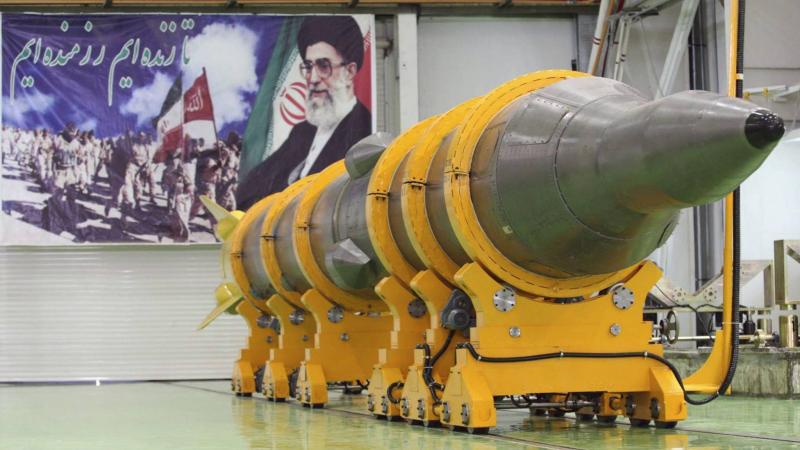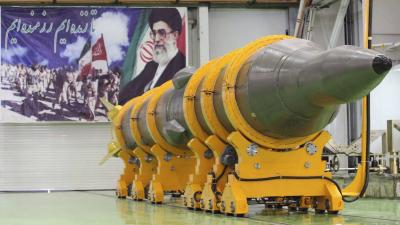Member of the National Security and Foreign Policy Committee, MP Jawad Karimi Ghodoosi, announced in a tweet on X that "Iran is one week away from testing a nuclear bomb." Following the news, sources familiar with Iranian parliamentary affairs revealed that an investigation has been opened against Ghodoosi. The sources stated that "Ghodoosi's statements are inaccurate and contradict the fundamental principles of the Islamic Republic and its peaceful nuclear program," adding that "he has been summoned by the parliamentary National Security and Foreign Policy Committee to investigate what he mentioned in his official account."
In his tweet, Ghodoosi stated, "If permission is granted, one week is enough to conduct the first nuclear bomb test in Iran," despite the fact that Supreme Leader Ali Khamenei had previously declared the use of nuclear weapons "forbidden by Islamic law."
Jawad Karimi Ghodoosi is a representative from Mashhad, northeast Iran, in parliament and is an opponent of the nuclear agreement reached in 2015. He belongs to the hardline conservative faction and is one of the leaders of the Political Stability Front close to former President Mahmoud Ahmadinejad.
Iranian Foreign Ministry Spokesman Nasser Kanani mentioned during his weekly press conference, "There is no place for nuclear weapons in our military and defense doctrine," emphasizing, "This stance has been reiterated numerous times and has not changed." Kanani added, "We will continue our peaceful nuclear activities within the framework of Iran's membership in the International Atomic Energy Agency and the Treaty on the Non-Proliferation of Nuclear Weapons."
Tehran asserts that it does not aim to produce nuclear weapons, as this is forbidden under a fatwa by Supreme Leader Ali Khamenei. However, international Western powers are skeptical of Iran's ambitions. Iran has increased its uranium enrichment level since 2020, following the withdrawal of former President Donald Trump's administration from the 2015 nuclear agreement. To date, Iran enriches uranium at a level of 60 percent and has limited access for IAEA inspectors to its nuclear facilities.




